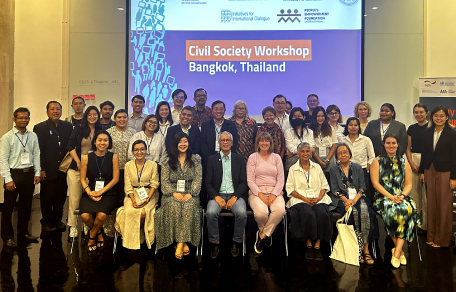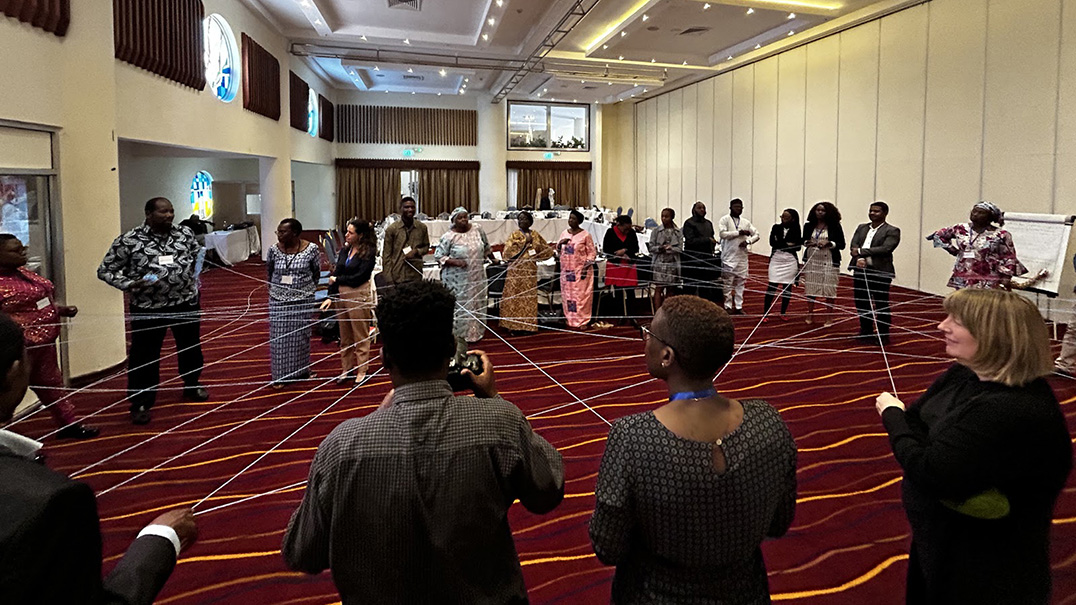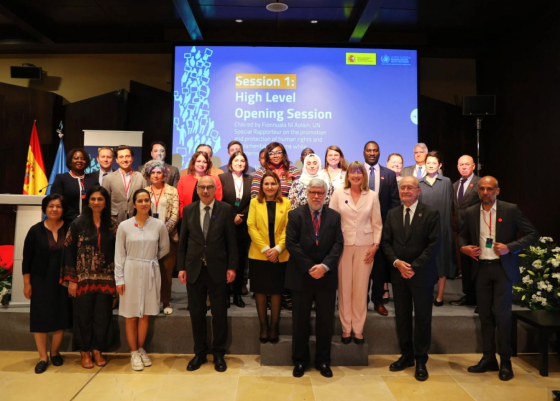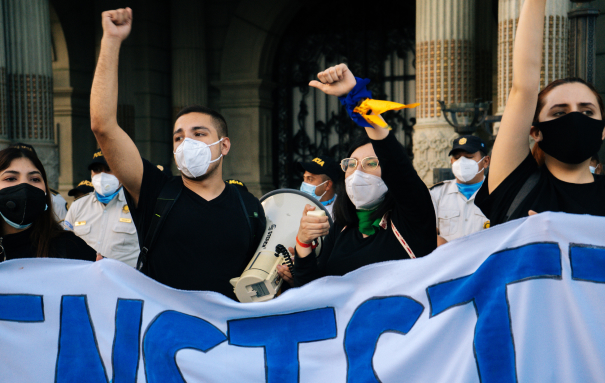Definitions of civil society are rooted in recognizing the diversity of actors, their expertise, focus of work, and unique contributions of those who work at a local, national, regional and international level to advance particular social causes.
- 1
Civil society is an enormously diverse group of actors: human rights defenders, non-profit organizations, bar associations, trade unions, student clubs, university institutes, individual activists, and so much more.
- 2
Their human-centric approach and commitment to their work often connects through: promoting and protecting human rights, advocating for communities they belong to or serve, advancing peace, justice and security, and even resolving conflict.
- 3
When civil society is able to do their work freely and independently, with the support of reliable partners, including government, it contributes to the collective goals of: protecting and sustaining peace, creating community development opportunities, upholding human rights, and more.








